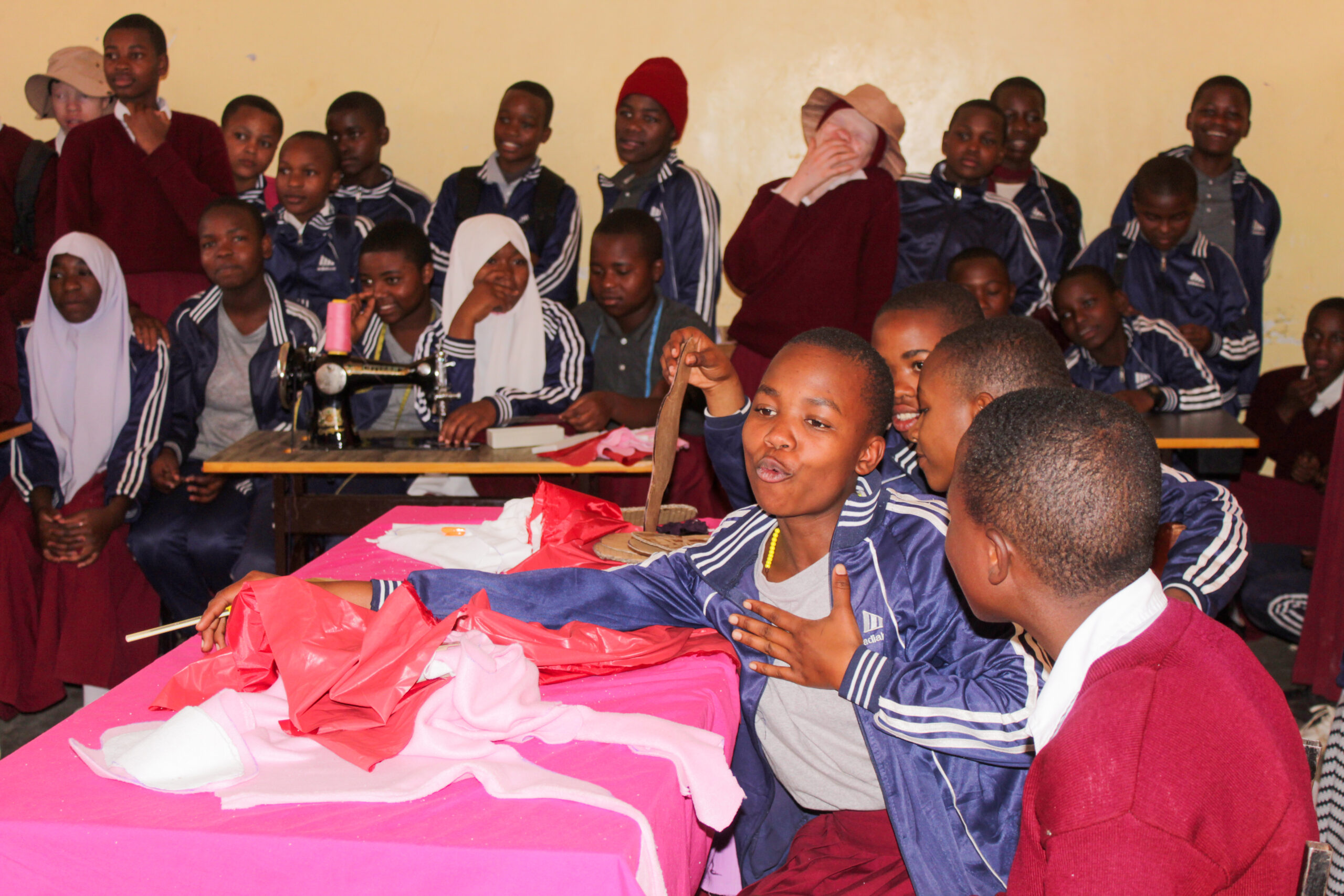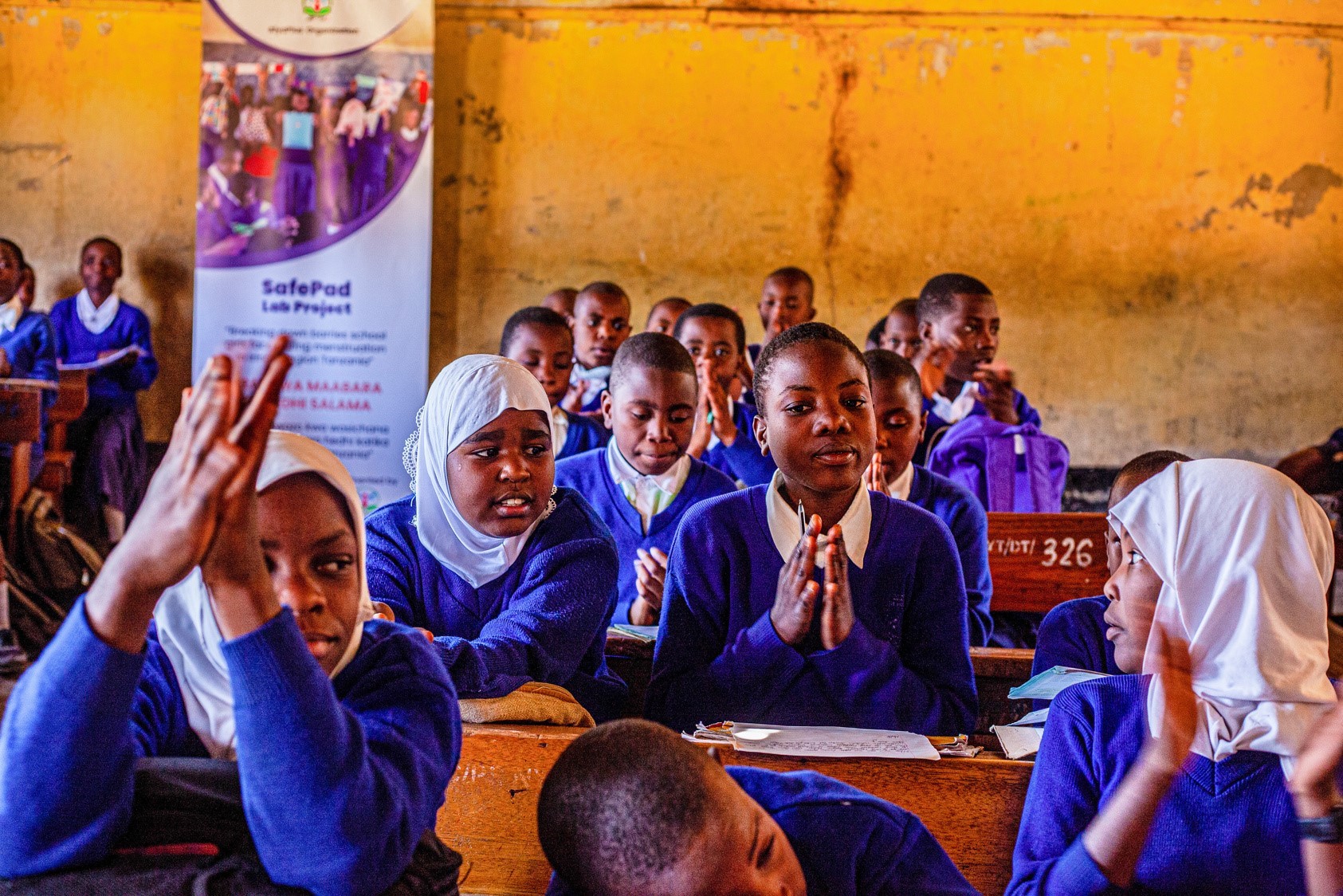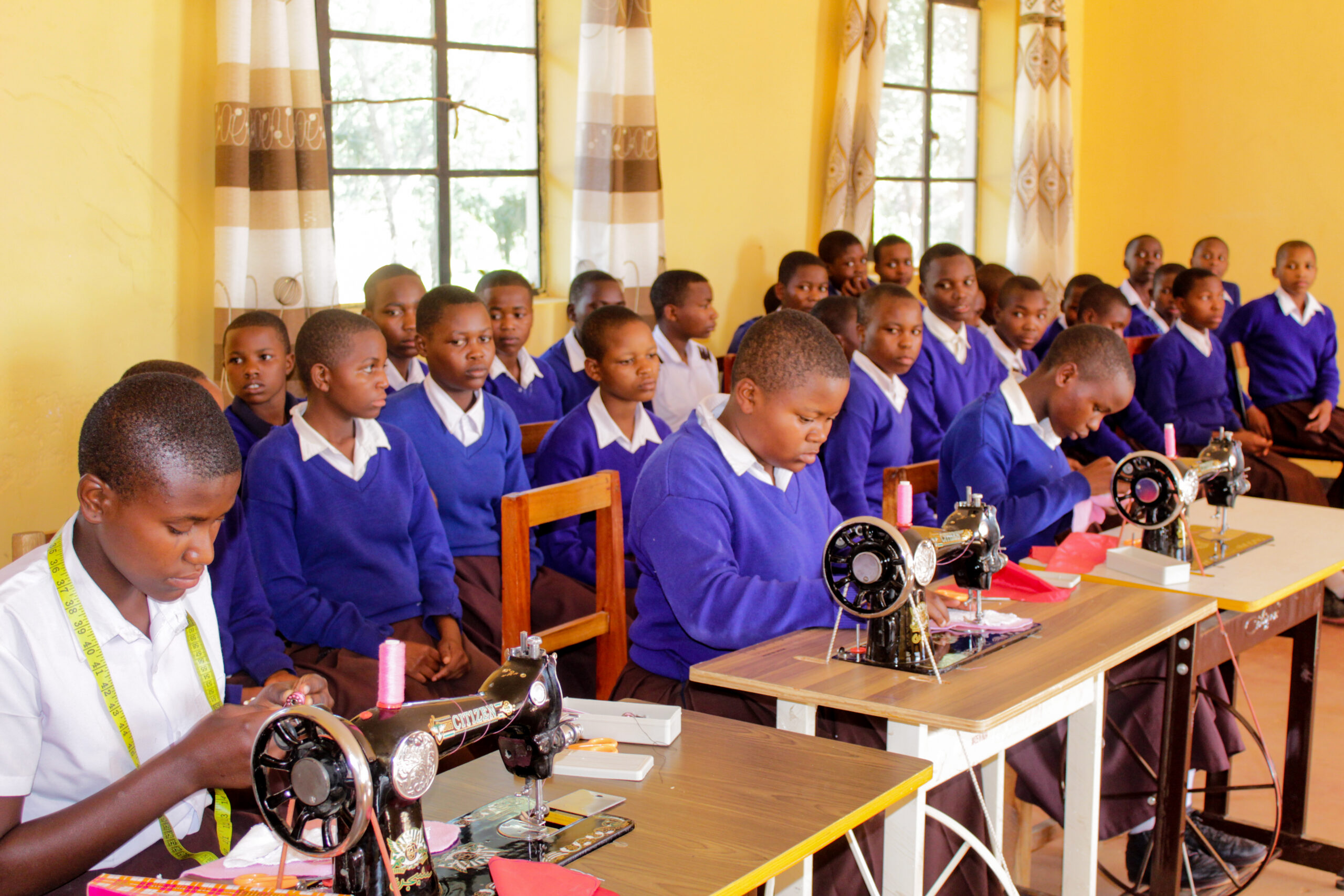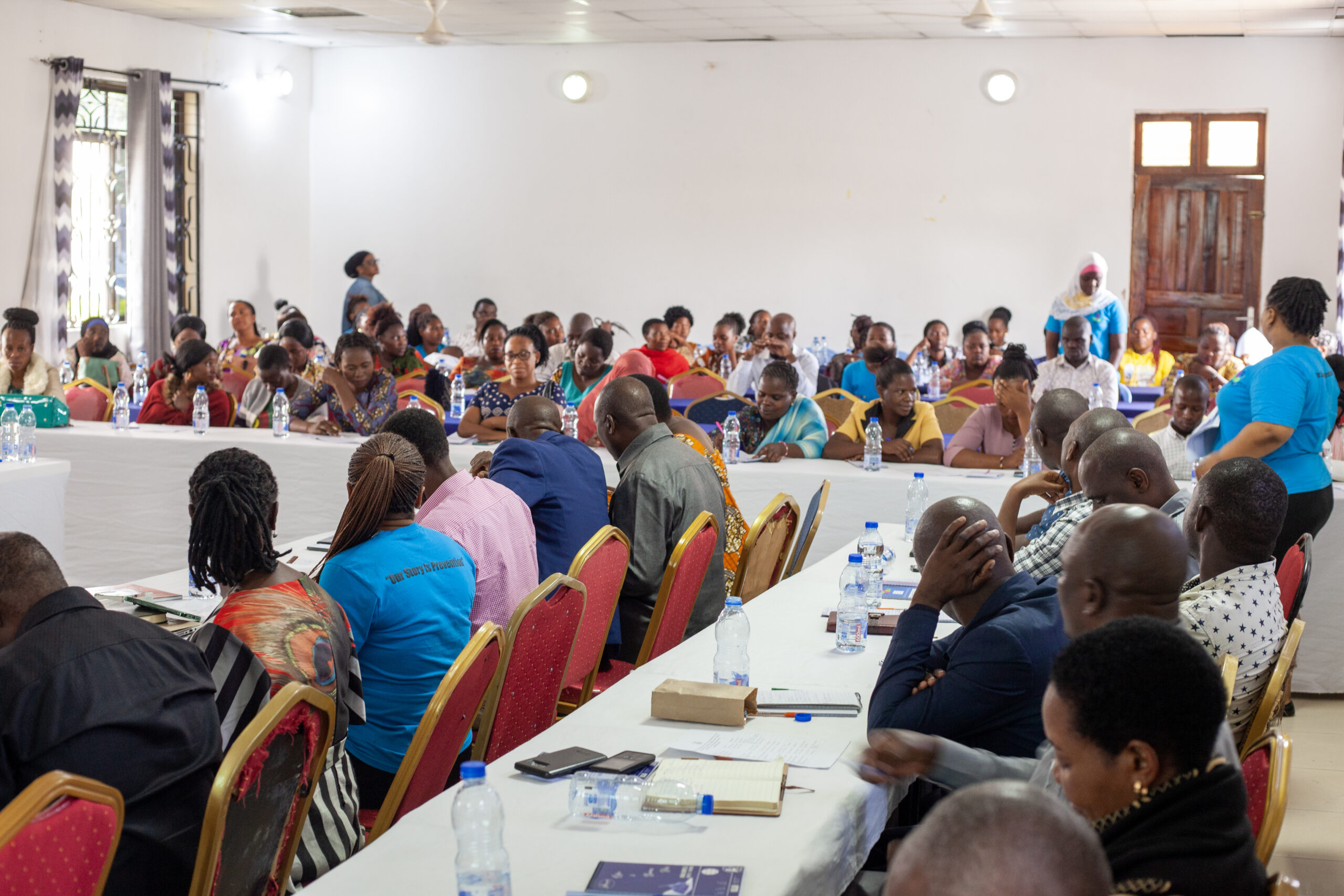SAFE PAD LAB PROJECT
The Safe Pad Lab Project is the four (4) years project funded by the Malala Fund which is strategically set to contribute to the Sustainable Development Goals (SDG 4 and 6) by supporting the education journey of adolescent girls who are both in primary and secondary schools in Iringa Region and Dodoma region. The project came to fight traditions, taboos, myths, misconceptions, and negative cultural attitudes and beliefs on menstruation. Menstrual health has persistently been overlooked and neglected by various social programs and has mostly been a subject of cultural, social, and economic status. The project is implemented in 92 schools within Seven (7) districts of the Iringa region namely Kilolo DC, Mafinga TC, Iringa DC and Iringa MC and Dodoma region which are Dodoma CC, Bahi DC and Chamwino DC

Main objective of the project
Safe Pad Lab Project aims at breaking down barriers school girls facing during menstruation and build awareness on good Menstrual Hygiene Management (MHM) and Adolescents Sexual Reproductive Health and Rights (ASRHR) among 39,023 school girls.

Conducting awareness sessions on good Menstrual Health Hygiene (MHH) and Adolescent and Sexual Reproductive Health and Rights (ASRHR) to school girls and boys. This knowledge will lead to improved Knowledge, Attitude, and Practice (KAP) among school girls and boys, and its impacts will encourage school girls to remain in school. In line with school girls and boys will be able to make informed decisions about their reproductive health hence will reduce gender-based violence, early marriage, pregnancies, school dropout, and frequent absenteeism.

Establishment of reusable sanitary pads laboratories in Dodoma region and Iringa region schools by supporting the schools with machines, materials, and knowledge on how to sew reusable sanitary pads. So far 25 safe pad laboratories have been established and 1954 students have been trained on how to produce reusable pads.

We conducted Training of Trainers (ToT) sessions on Menstrual Hygiene Management (MHM) and Adolescent Sexual and Reproductive Health and Rights (ASRHR) for Community-Based Trainers (CBTs) In Iringa and Dodoma region.
This approach empowers local trainers with the knowledge and skills to cascade information within their communities. By leveraging CBTs, we have been able to reach a large number of students within a short time while ensuring that the knowledge is retained locally for long-term impact and sustainability.

Capacity building of MHM stakeholders including frontline workers, caregivers, teachers, health care providers and school health committees.

We successfully conducted Community awareness meetings that reached 798 parents and caregivers, significantly enhancing their awareness and knowledge on Menstrual Health and Hygiene (MHH) and Adolescent Sexual and Reproductive Health and Rights (ASRHR). These sessions aimed to promote open dialogue, reduce stigma, and empower families to better support adolescents in making informed decisions about their health and well-being.
